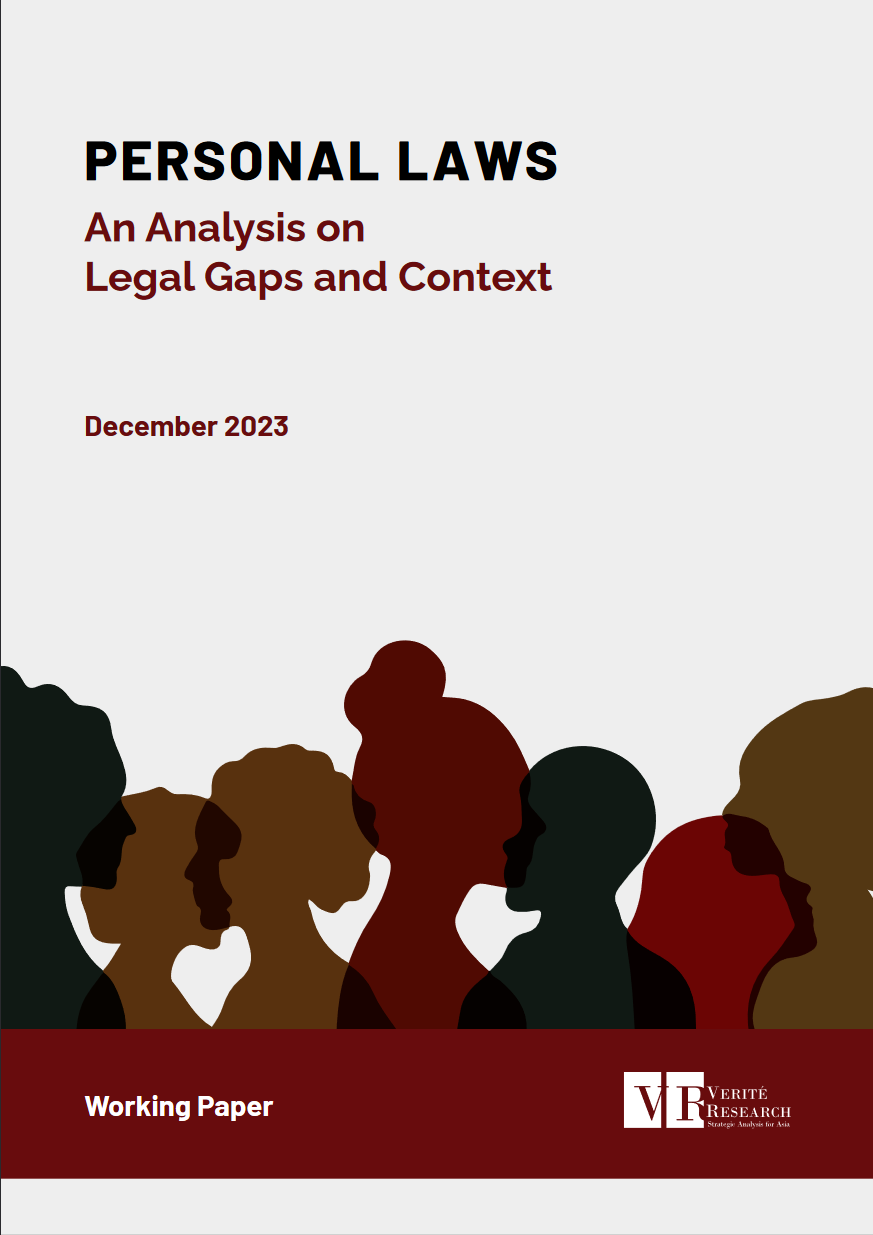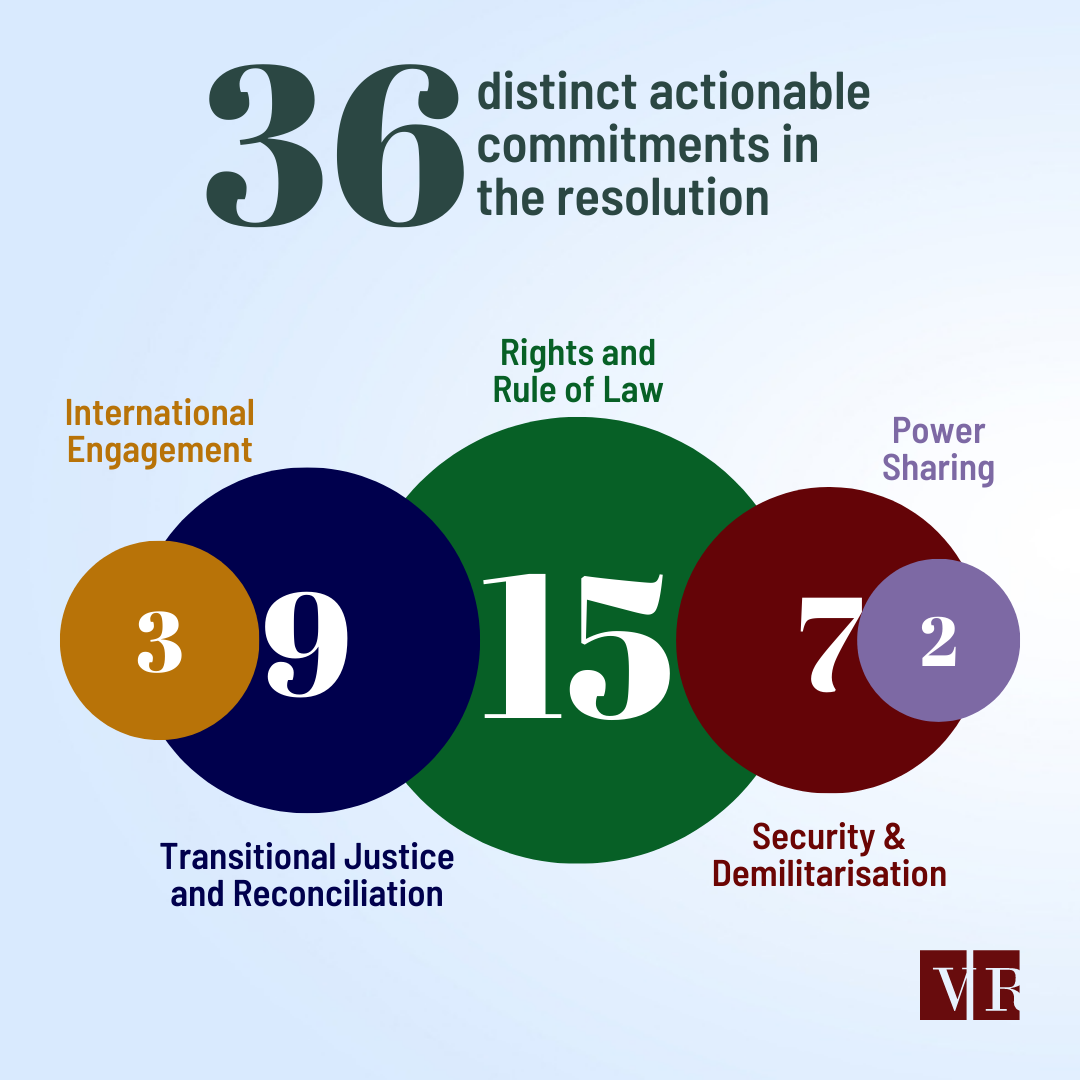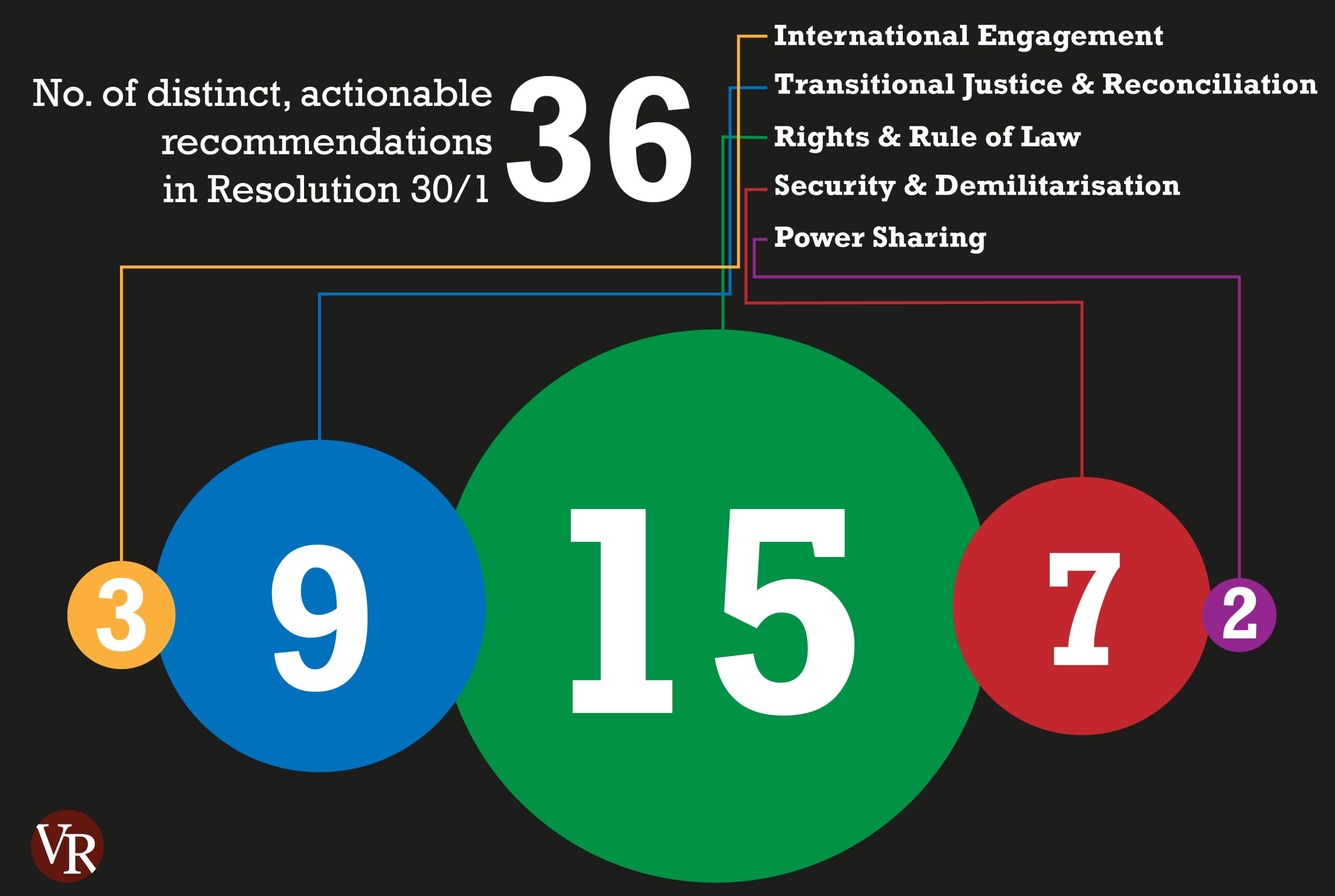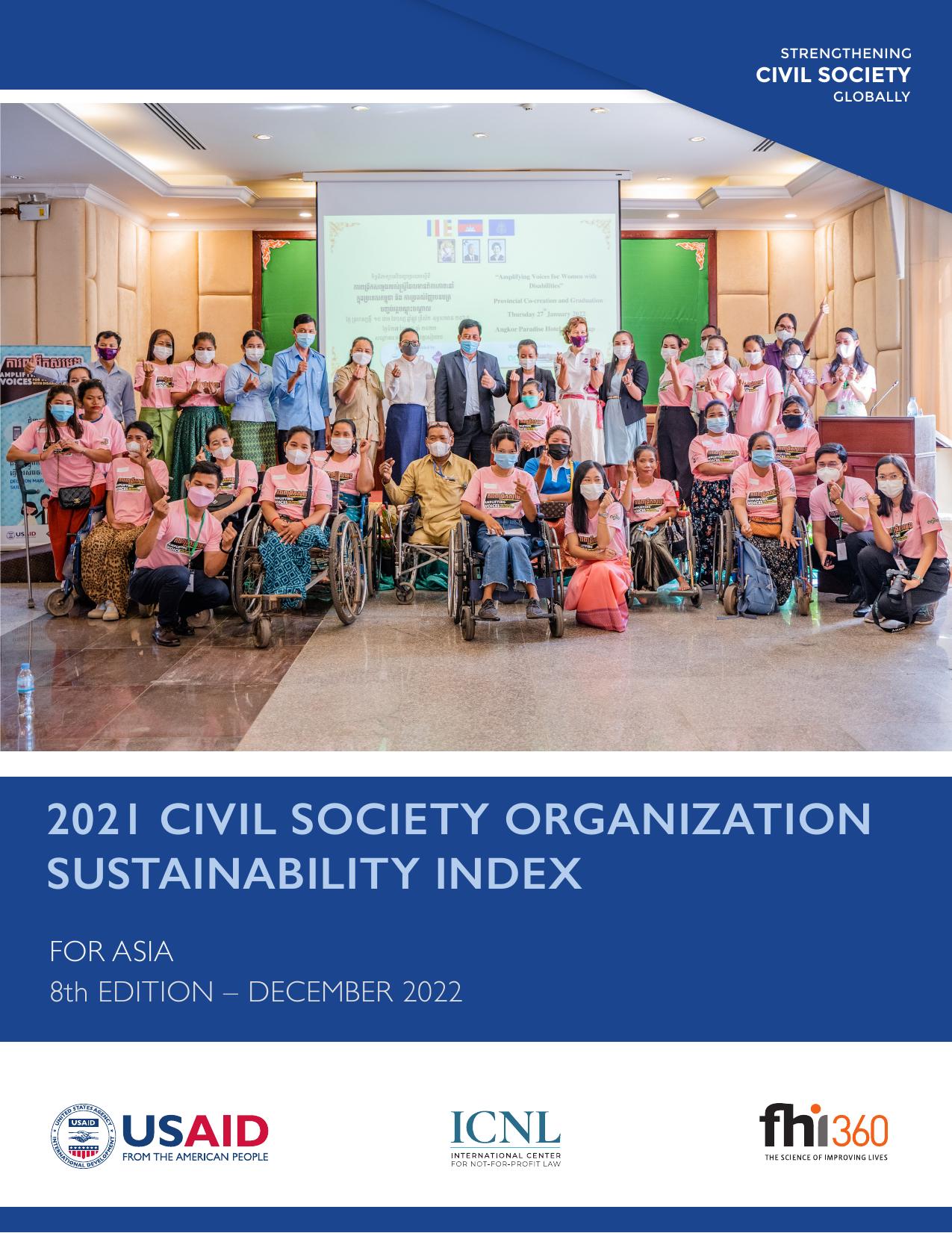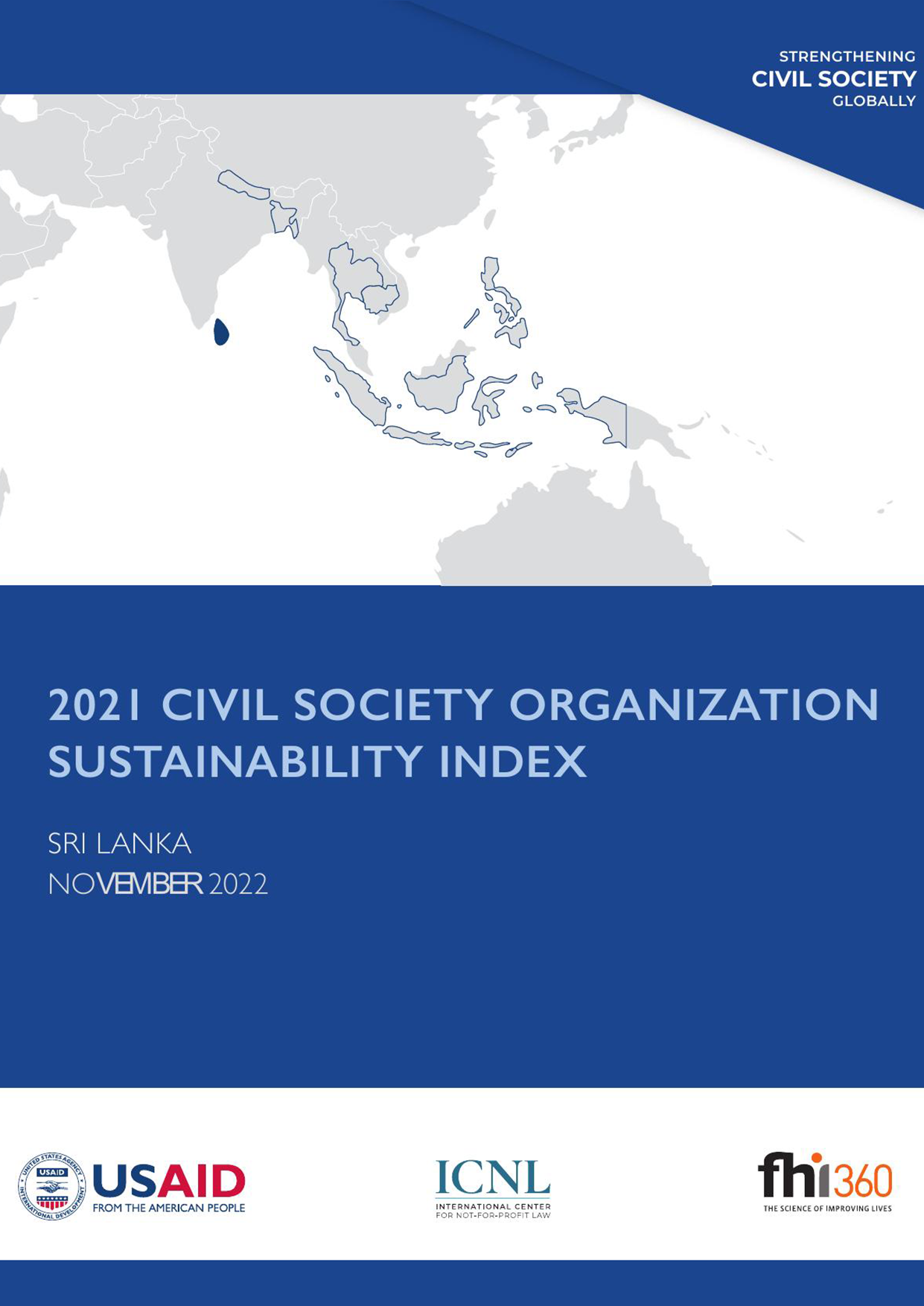This is Verité Research’s latest study on the Sri Lankan government’s progress in fulfilling the commitments on reconciliation and accountability in UNHRC Resolution 30/1. At the 51st session of the United Nations Human Rights Council (UNHRC) in September and October 2022, Resolution 51/1 was adopted. The Sri Lankan government rejected Resolution 51/1. On 9 September 2024, a written update on Sri Lanka was presented to the 57th UNHRC session. Verité Research’s report analyses the government’s progress in fulfilling all 36 commitments made in UNHRC Resolution 30/1, from September 2023 to August 2024.
Sri Lanka has specific personal laws applicable to distinct ethnic and religious groups, such as Kandyan law, Muslim law and Tesawlamai law. Critics, both domestically and internationally, have raised concerns about discriminatory provisions in Sri Lanka’s personal laws that contradict constitutional and human rights standards. This working paper aims to assess the disparities between Sri Lanka’s personal laws and international standards, particularly focusing on gender discrimination and impacts on women and children’s rights. Recommendations for reforms aligning with international standards will be proposed, advocating for the evolution of personal laws while retaining Sri Lanka’s pluri-legal aspects.
This report provides a legal gap analysis on sexual harassment through a non-discriminative lens of gender and sexual construct, which compares Sri Lanka’s international obligations against the national laws on sexual harassment at the workplace. International legislative practices as identified from the International Labour Organisation in a global report on the 190 Convention (sexual harassment at work) have been used to inform our recommendations for reform, particularly focusing on employer liability.
This is Verité Research’s study on the Sri Lankan government’s progress in fulfilling the commitments on reconciliation and accountability in UNHRC Resolution 30/1. At the 51st session of the United Nations Human Rights Council (UNHRC) in September and October 2022, Resolution 51/1 was adopted. The Sri Lankan government rejected Resolution 51/1. The vote on Resolution A/HRC/51/L.1 on Sri Lanka was taken on 6 October 2022. The 52nd session of the UNHRC began on 27 February 2023. However, the update on Sri Lanka will be at the 53rd session slated to be held in June 2023. This report analyses the government’s progress in fulfilling all 36 commitments made in UNHRC Resolution 30/1 from March 2022 to February 2023.
Regulation of social media in Sri Lanka encompasses both a formal and alternative non-legal framework. The study explores the existing legal and non-legal frameworks to regulate the spread of disinformation and hate speech on social media. Thereby, it presents potential implications of the spread of disinformation and hate speech on social media in the specific context of ethno-religious violence in Sri Lanka.
This is Verité Research’s latest study on the Sri Lankan government’s progress in fulfilling the commitments on reconciliation and accountability in UNHRC Resolution 30/1. At the 51st session of the United Nations Human Rights Council (UNHRC) in September and October 2022, Resolution 51/1 was adopted. The Sri Lankan government rejected Resolution 51/1. A written update on Sri Lanka was scheduled at the 54th session on 11 September 2023. This report analyses the government’s progress in fulfilling all 36 commitments made in UNHRC Resolution 30/1 from March 2023 to August 2023.
This is Verité Research’s latest study on the Sri Lankan government’s progress in fulfilling the commitments on reconciliation and accountability in UNHRC Resolution 30/1. At the 46th session of the United Nations Human Rights Council (UNHRC), Resolution 46/1 on Sri Lanka was adopted on 23 March 2021. The 49th UNHRC session began on 28 February 2022 and Sri Lanka’s progress in implementing Resolution 46/1 and the preceding Resolution 30/1 was taken up on 4 March and 7 March 2022. This report analyses the government’s progress in fulfilling all 36 commitments made in UNHRC Resolution 30/1 from February 2021 to March 2022.
This is Verité Research’s latest study on the Sri Lanka government’s progress in fulfilling the commitments on reconciliation and accountability in UNHRC Resolution 30/1. At the 43rd session of the United Nations Human Rights Council (UNHRC) in February 2020, Sri Lanka informed of its decision to withdraw from co-sponsoring Resolution 40/1 of 2019, and its preceding Resolutions 34/1 of March 2017, and 30/1 of October 2015. The 46th UNHRC session began in February 2021. The vote on Resolution A/HRC/46/L.1 on Sri Lanka was taken on 23 March 2021. This report analyses the government’s progress in fulfilling all 36 commitments made in UNHRC Resolution 30/1 from February 2020 to February 2021.
The CSO Sustainability Index assesses the sustainability of the CSO sector across several countries in different regions around the world. The various regional editions of the 2021 CSO Sustainability Index assess the civil society sectors in seventy-three countries, including thirty-two in Sub-Saharan Africa, twenty-four in Central and Eastern Europe and Eurasia, eight in the Middle East and North Africa, and Mexico. The CSO Sustainability Index for Asia region, reports on the state of CSO sectors in eight countries in the region: Bangladesh, Cambodia, Indonesia, Nepal, Philippines, Sri Lanka, Thailand, and Timor-Leste.
The Civil Society Organization Sustainability Index (CSOSI) assesses the sustainability of the CSO sector across several countries from different regions. Since its beginning in 1997, it has expanded from covering 18 countries in Europe and Eurasia Region to 72 countries in 2021, including the Middle East, sub-Saharan Africa, and Asia.

